How to do end of season evaluations
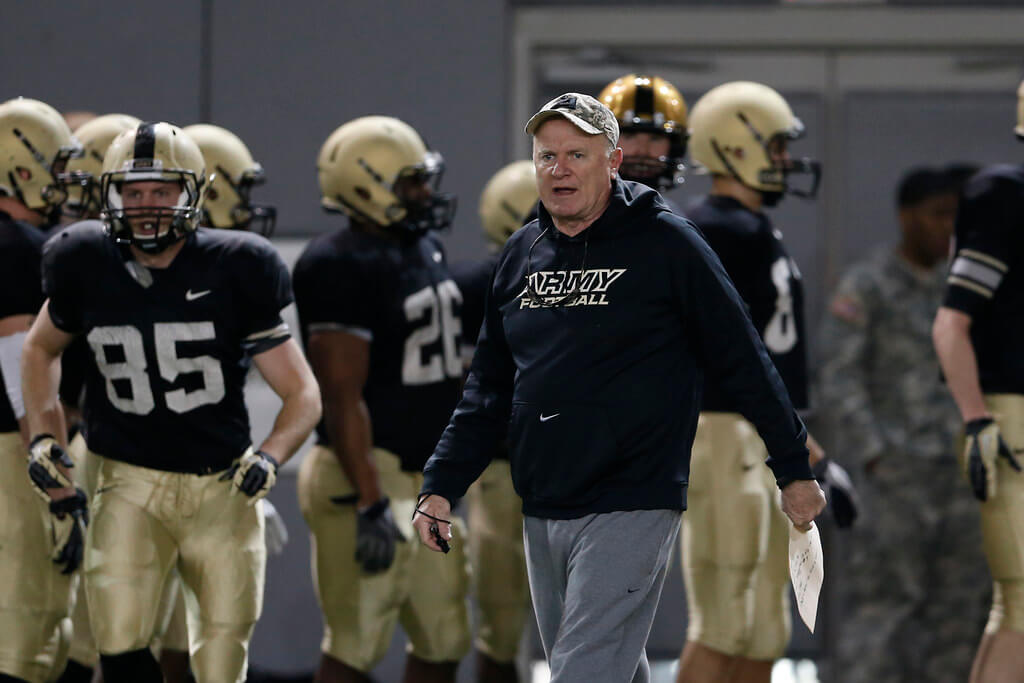
How do you evaluate your team and your staff?
It’s a tough task and I know that at the end of the season, it’s not always easy to hop right back into it and have to make tough judgements and have difficult conversations.
But it has to be done and it must be done quickly off the season’s end while everything is fresh in mind.
December is a month to reflect on the past season.
The season is over, and it is time to evaluate how things went.
The other blog posts like this one here on end of year banquets, I have been focused on how to wrap up the POST-SEASON.
- POST SEASON: Nov 1 to Dec 31. Playoffs, Banquets, Equipment, Player & Coach Evaluations.
- OFF SEASON: Jan 1 to May 15. Weights, Team Building, Leadership, Coach Education
- PRE SEASON: May 15 to Sept 1. Conditioning. Camps. Continuing Team Building & Leadership
- IN SEASON: Sept 1 to Oct 31. Friday Night Lights. Long Weekends. Practice & Preparation
There is alot to be done….
But most coaches will wait. Won’t do anything until January. They will go to a Glazier clinic in February. Start dusting off the playbook in April.
That’s a mistake.
Be smarter than that.
Right now is the time to plan for 2022. It’s fresh in your brain. You remember the mistakes.
The two most important things that need to happen before you take your two week Christmas break is to meet with your players and to meet with your coaches.
Evaluation and reflection.
Super, super important.
Evaluating yourself, your staff, then your Xs and Os. My process was to meet with every player and coach and have them answer questions in written form. This could be pen & paper or Google doc or Survey Monkey.
These initial meetings in December was when I LISTENED. Gather info. Then reflected on the feedback during my Christmas break before meeting with everyone again in January to lay out our vision, mission, and goals for the next season.
Meet with your team
Although I would like to meet with every player 1on1…it was more practical to meet in small groups. I always started with the seniors, which was in my classroom and involved pizza as a bribe to get them to show up. I would thank them for their contributions, find out any post-graduation plans that I could help them with, and then have them answer a few questions…mainly what they thought was good and what they thought needed to be changed.
Click here to download a copy of the forms and questions I use
I would then meet with underclassmen in as small of groups as my schedule would allow. Most of the time I did it by position and grade. For example: All Junior linemen, then all Junior Running backs, then sophomore linemen, etc. The only group that I mixed 9th, 10th, and 11th graders was the Quarterbacks.
Remember, this is a time to casually interact with your team and allow them to voice their opinions on how the recent season has gone. This is not a time to critique, but to be a listening ear. Opening yourself up to your team as someone on their side will make it more possible for your team to trust you and grow from their past experiences during the season.
Take time to talk with the coaching staff
I always met with each coach 1on1 and off campus. Usually at a restaurant or sports bar where they would feel comfortable and non-threatened. The exception was when I was sure I was not asking a coach back, then we would meet on campus with the AD present.
Hopefully I have met with all the players before meeting with coaches so that I can share player concerns and comments, however, this can easily wait for the followup meetings in January.
The questions are sent to the coach in advance.
Click here to download a copy of the forms and questions I use
Again, December meetings are a time for me to listen. Get to know the coach and understand his goals and motivations for coaching.
However, after the meetings I do spend Winter break reflecting on a couple of key points:
Did they connect with the players?
Sadly, some coaches fail to connect with the players. I place this above knowledge of X’s and O’s. I will always take a person who can motivate and connect with kids over a super knowledgeable coach who kids hate playing for. I can always teach drills and technique, but it is almost impossible to teach someone how to connect with teenagers.
Do you trust them?
At the end of the day, I think the most important question to ask is this one. Do you trust them? Is he going to support you in the community? Trust and loyalty are the #2 criteria I look for in a coach.
Did they connect with other coaches on the staff?
Staff chemistry is key to team chemistry in my opinion. It is so important that the staff has strong cohesion when they are leading the players. No problem with disagreeing behind closed doors, but everyone being on the same page when you leave that meeting room is absolute key. If a coach just isn’t connecting with the rest of the staff, you need to take time to figure out why, and if it is repairable.
Did their unit get better, get worse or stay the same?
Did they make improvements to the unit they were in charge of? If they didn’t make their unit better, why not? Injuries? Can the coach be mentored and will another season allow for a chance to improve?
Be honest with yourself
I am a firm believer that evaluations from players and coaches is a major way to improve your program from one year to the next.
Then it is time to go home for two weeks and answer the same questions you asked of your team. Write down your answers.
Where did you fail as a coach? What could you have done better?
Being honest with yourself allows you to address your shortcoming this past season, fight it head on, and then get better. Was it something off the field that you could have managed better? Was it scheme that led to losses? Do you need to make changes with who is coaching what?
We tell kids that honesty is the best policy. Ask your mentor for honest advice, ask your athletic director to hold nothing back. Reach out to others on your campus whom you respect.
Do the best that you can for your team. Really listen to both the players and the coaching staff. Together you will be able to move forward into the offseason with the appropriate individual and team based goals.
Click here if you would like more downloads of pdfs and PowerPoints that can help your program
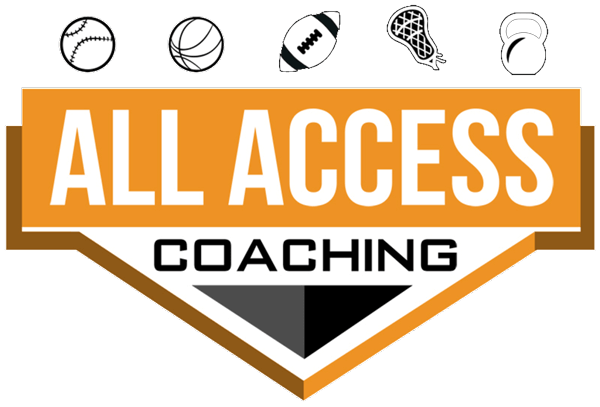
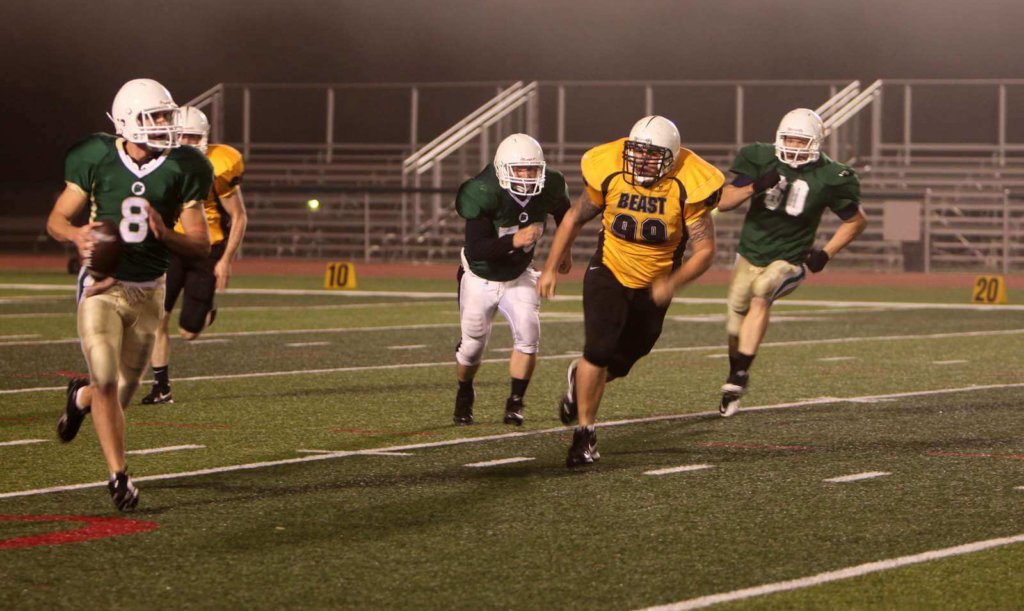
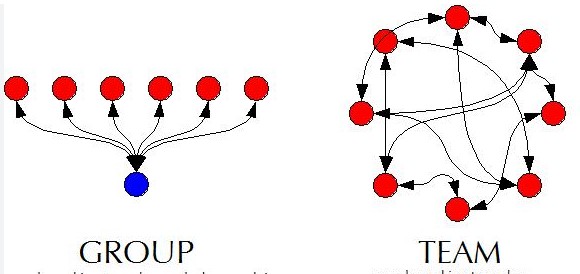
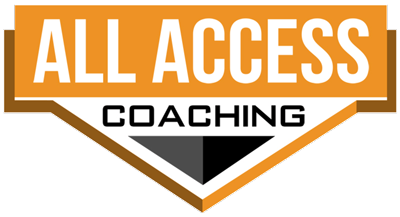
Responses